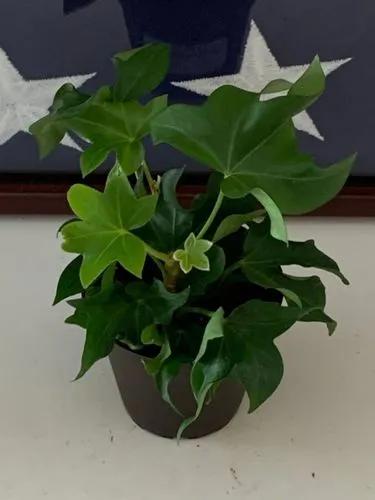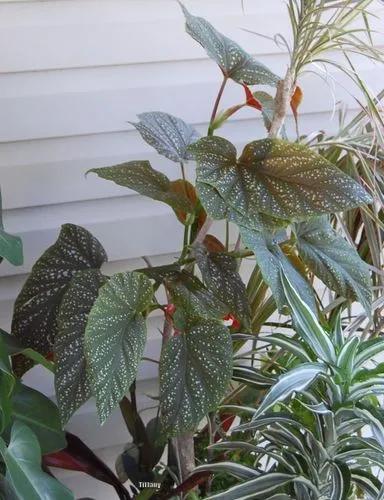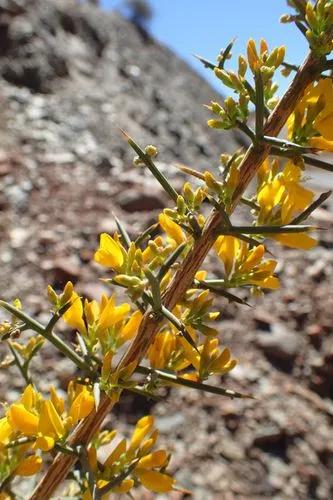Viola typically have heart-shaped or reniform (kidney-shaped), scalloped leaves, though a number have linear or palmate leaves. The simple leaves of plants with either habit are arranged alternately; the acaulescent species produce basal rosettes. Plants always have leaves with stipules that are often leaf-like.
Viola Melissifolia Care
Viola Melissifolia



What is the plant
How to Care for the Plant

Water

Plants need about 1 inch of rain per week during the growing season. Use a rain gauge to check to see if you need to add water. It's best to water with a drip or trickle system that delivers water at low pressure at the soil level. If you water with overhead sprinklers, water early in the day so the foliage has time to dry off before evening, to minimize disease problems. Keep the soil moist but not saturated.

Pruning

You can prune them back to a few inches.

Fertilizer

Then apply a complete fertilizer in earliest spring.
Ease your plant care routine with PlantIn's personalized system.

Popularity

79 people already have this plant 40 people have added this plant to their wishlists
What's wrong with your plant?
Related Plants
Discover more plants with the list below
Popular articles






